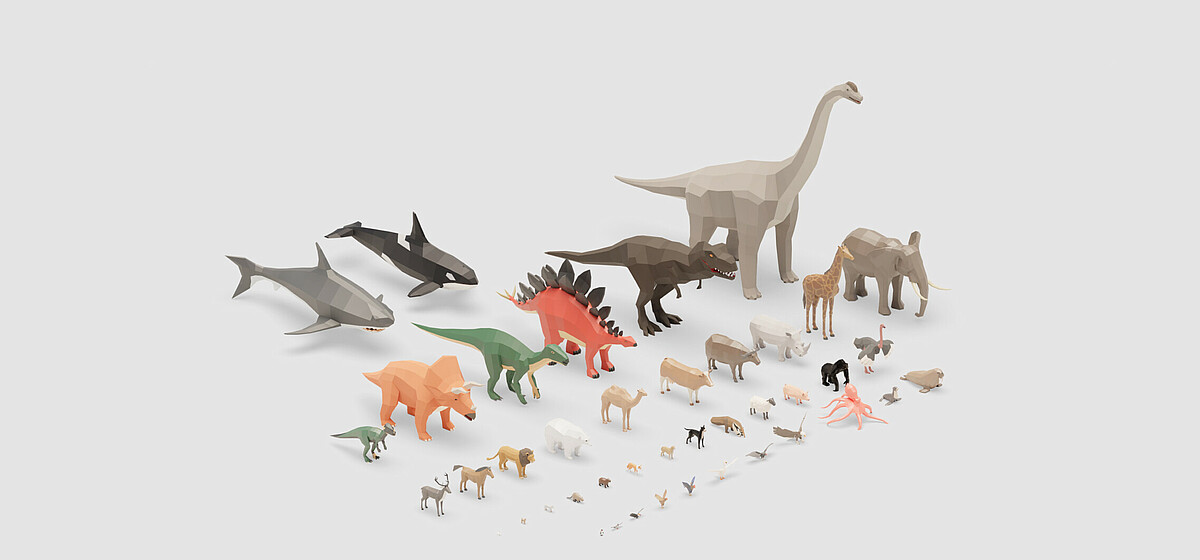A Chinese Female Founder’s Story of Entrepreneurship in Berlin
How a master’s student from China founded her startup in Berlin.
Xinyue Yang, a master’s student from China who graduated from the Weißensee College of Arts in Berlin, founded the company Capybara Technologies GmbH with the help of the Berlin Startup Scholarship. Together with her team, she developed the innovative educational technology app Word to World, which augments language learning with lively stories and 3D animations. The app won the German Innovation Award in 2023. Xinyue actively participated in several accelerator programs to further develop and promote her idea, and her company successfully raised nearly a million dollars.
Berlin Partner has been a strong support for Xinyue along the way, providing her with help for funding applications, assistance with real estate selection, access to relevant networks (including accelerators, the Senate Department for Economic Affairs, Energy and Public Enterprises or SenWEB, and her target group: international daycare centers), and even helping with internationalization by including her in a delegation to Slush Helsinki in 2021. The Berlin Immigration Service, or BIS, was also involved. Berlin Partner’s all-round support helped Word to World to grow and realize Xinyue’s entrepreneurial dream.
We spoke with Xinyue Yang about her founder’s journey.
Ms. Yang, thank you very much for this interview. Can you briefly tell us about your background as well as your experiences in Berlin, and how these experiences specifically led you to start your company here?
I completed my Bachelor’s and Master’s degrees in Product Design at the Weißensse College of Arts in Berlin. My undergraduate project was research on real-time speech animation which was published on Google Experiment with AI. It attracted a lot of attention and I continued in this direction in my master’s degree, doing my master’s thesis on Word to World, which turned speech into 3D animation in real time. After graduation, I thought I could make this into a product for children’s language education. I set up companies in Berlin, Germany, and Chengdu, China, and started my own business.
What was your inspiration for creating Word to World? Can you share how your personal experiences or observations played a role in its development?
The inspiration came when I was writing my undergraduate thesis and was reading an English book while sitting on the tram on my way to school. I would always notice the nouns in the book, and from those nouns I could instantly visualize the corresponding images in my mind. So I wondered if it was possible for a computer to read a paragraph, extract the key information, and then draw a picture of it. This was the topic of my undergraduate thesis: animating words. Word to World was later made into a product designed to foster children’s creativity and imagination, as well as to encourage active speaking practice in the form of interactions.
Word to World is an interactive educational app for children aged 4 to 8 years old that generates animations and short stories through a real-time speech-to-drawing engine. The app uses speech recognition technology, semantic modeling, 3D game design, and motion libraries to allow children to explore the cool world of animals in 3D and learn language through interaction with their animal “friends”.
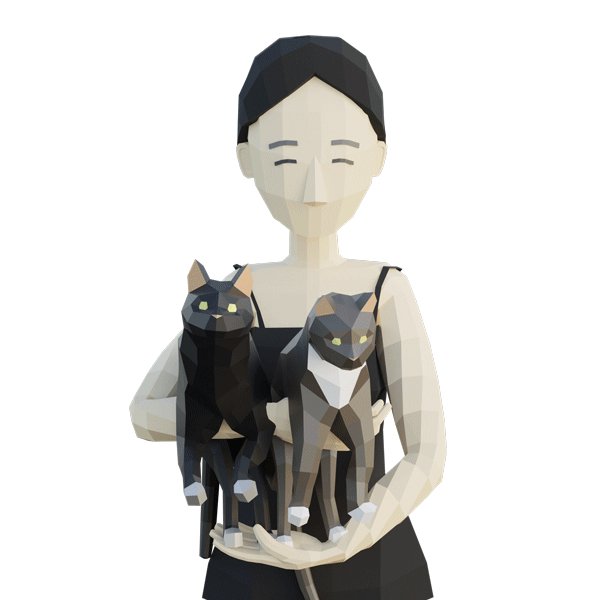
What are some of the innovations in Word to World's educational approach? How do you balance fun and educational content in the app?
Real-time speech to 3D animation is new. Word to World transforms real-time speech into vivid 3D animation so that children can instantly see what they are saying come to life. This innovation stimulates their interest in learning and encourages them to participate more actively in storytelling.
It’s interactive learning. The application allows children to become storytellers through an interactive approach, moving from a passive role of watching and listening to the story to an active role of participating and creating. This interactive learning approach helps to improve learning outcomes.
It’s all about language development and creativity. Word to World enhances children’s language development by presenting immediate visual feedback. In addition, through creative expression, it encourages children to use their imagination and so fosters creativity.
Word to World uses some strategies to balance fun and education. There’s vivid 3D animation. The use of colorful 3D animation in the app makes learning more fun. The presentation is designed in such a way that children are more likely to be interested.
The design is child-friendly. The app is made with children in mind, with bright colors and easy-to-understand graphics that are easy for children to use.
There are rewards and gamification. The app has a reward system and gamification elements such as story badges and language milestone awards, to incentivize children to participate and make it more fun.
By incorporating fun elements into educational content, Word to World tries to successfully balance fun and education, and creates a unique environment that engages children and promotes learning.
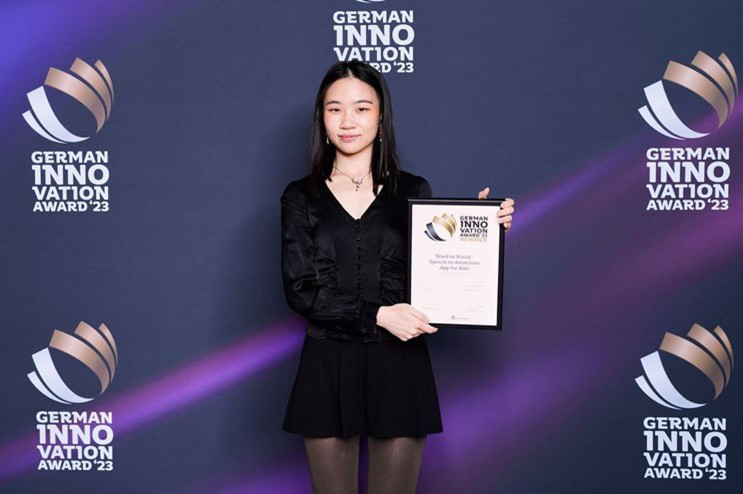
Has Berlin’s artistic and cultural environment inspired your startup and product design? Can you provide some examples of cultural elements or events in Berlin and how these inspired you?
Berlin is a city that brings together cultures from all over the world, and this multiculturalism can be a valuable resource for entrepreneurs to be able to reflect the values of openness and inclusiveness in their product design. It is full of street art and independent art venues. This free creative atmosphere may inspire entrepreneurs to look for unique and expressive design elements. Berlin also blends technology and art, such as the collaborations between some tech innovation centers and artist communities. This crossover may provide inspiration for businesses that are looking for a balance between technology and creativity.
I often go to the Babylon arthouse cinema for independent films from various countries. I go to the Motto independent bookstore with zines created by various artist illustrators, and the Walter König bookstore near Museum Island, and the Bildband Berlin bookstore in the Prenzlauer Berg district, with lots of art and photography albums. Berlin also has great tech museums like the Futurium, where you can see installations by artists working with the latest AI technology. And there is all sorts of electronic music culture. I saw a great techno and light art show at Kraftwerk, which was very impressive, and all of this can be an inspiration for us to make products.
Your development team is based in Berlin and Chengdu. What advantages does this setup bring to the company? What are the specialties of the Berlin and Chengdu teams? How do you manage the cooperation and communication between the two teams?
Our design team and an AI technical engineer are in Berlin, Germany, and we have Unity [game engine] engineers and students in Chengdu, China. We work together online by remote communication. Our meetings take into account the time zones of the two countries, choosing times that are convenient for everyone. In China, we also recruited part-time students from other cities to help us produce content quickly. It's easier to recruit in China. Europe is strong in design and art, so we put the main focus of design in Europe.
Have you collaborated with the Berlin city government or local organizations in your startup? How have these collaborations contributed to the development of your company? Are there any specific programs or support provided by the city of Berlin that have been particularly helpful?
A special thanks to Berlin Partner, who worked with us and took us to various events, from Slush in Helsinki, Finland, to Web Summit in Portugal, which was great exposure for us, and also took the German startup team to Beijing and Shanghai, China, which was great.
What were some of the challenges you encountered during your entrepreneurial journey and how did you overcome them? Can you share some specific advice or lessons you would give to future entrepreneurs?
There are a lot of challenges in making products. My mindset had to switch from being a design student before, to making a mature product for users and that is suitable for the market and is data-validated, which is a very big difference. We need to do countless product iterations, optimizing each version over and over again to get rid of deficiencies, based on market feedback and data as well as user interviews, and you need to quickly adjust direction and strategy.
What positive changes do you see in Berlin in the last 10 years?
Berlin is emerging as one of Europe’s centers for technology and innovation. Tech startups and innovation centers have sprung up in the city, attracting significant investment and talent. Then there’s the culture and the arts. Berlin has always been known for its unique culture and art scene. Over the past decade, the city may have further strengthened its support for the cultural and creative industries, boosting artists, designers and cultural events.
What do you think are the unique advantages of Berlin as a startup environment?
Berlin is a city that combines art, humanities and technology very well. The government is very supportive of foreign talent, the standard of living is affordable amongst the big cities in Europe, it’s less stressful for entrepreneurs, there are a lot of great techies in Berlin, great universities and research institutes. I like that there are a lot of quality meetups in Berlin, where people get together and share cutting-edge tech news and app news. There’s also an indie game developer meetup in Berlin once a month, they pick a cool bar and you get to meet all sorts of indie developers and exchange ideas and products, which is great.
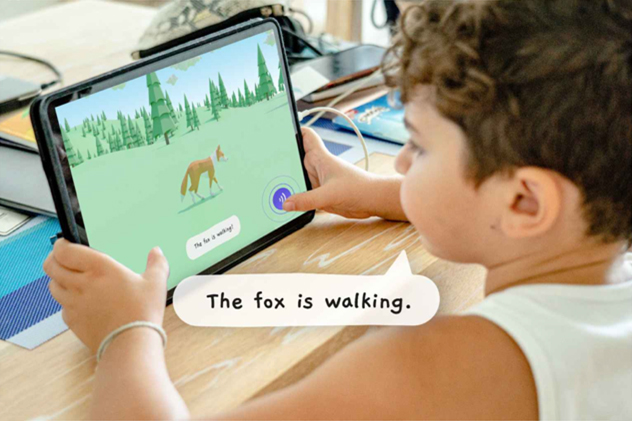
What is your best advice for Chinese people who want to do business or invest in Berlin?
Understand the local business culture. Before starting a business in Berlin, it is crucial to understand the business culture in Germany and Berlin. Understanding German business customs, regulations and the tax system will help to better integrate into the local business environment.
Networking is vital. It is important to build a local and international business network in Berlin. Attend industry events, networking events and social gatherings to connect with local entrepreneurs and investors.
Understand the market. Before starting a business in Berlin, it is crucial to understand your target market. Understanding the competition and market trends and the needs of local consumers will help you adjust your business strategy.
Consider language and cultural differences. Although English is common in the Berlin business environment, knowing a few basic German words and phrases may help you better interact with locals. Understanding German culture and business etiquette is also an important part of your preparation.
And the laws and regulations. Familiarize yourself with German laws and regulations, especially those relevant to your industry. Ensure that you are operating in compliance with local regulations and avoid potential legal issues.
And again, market fit. Ensure that your products or services are well-positioned in the local market and meet the needs of local consumers. Adapting to the local market is one of the keys to success.
Would you recommend other entrepreneurs to start a business in Berlin? Why? Which industries or business areas do you think are particularly promising in Berlin?
I would highly recommend Berlin for entrepreneurs who want to enter the European market. I think the IT sector is particularly promising in Berlin, there is a lot of tech talent in the city and Berlin is very friendly to recruiting overseas talent.
How do you relax in Berlin? Do you have any favorite events or places to share with us?
The Indie Game Developer Meetup in Berlin is my favorite event. Berlin's music festivals are also cool, such as CTM Festival and the Long Now. C/O Berlin is also a place I like to go to see photography exhibitions, which are often of high quality.
Thank you Ms. Xinyue Yang for this interview and for sharing your entrepreneurial experience in Berlin. We wish you and Capybara Technologies all the best and look forward to seeing further outstanding achievements in the future.
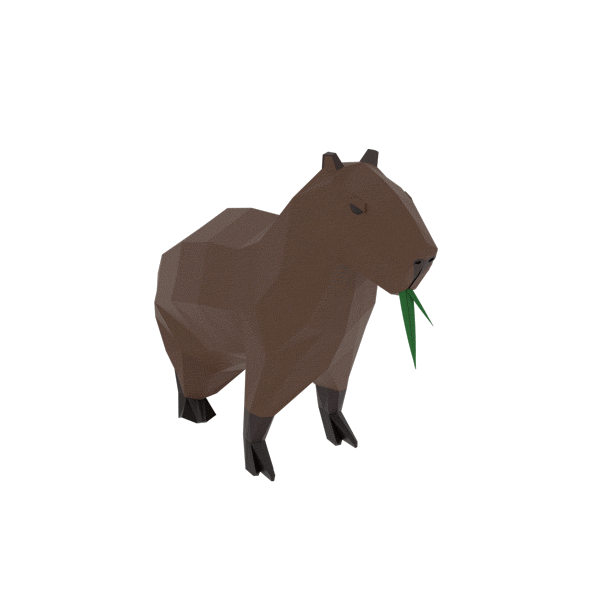
Xinyue Yang’s story is not only inspiring, it is also encouraging for entrepreneurs who are eager to find business opportunities in Berlin.
Header image: © Capybara Technologies GmbH

